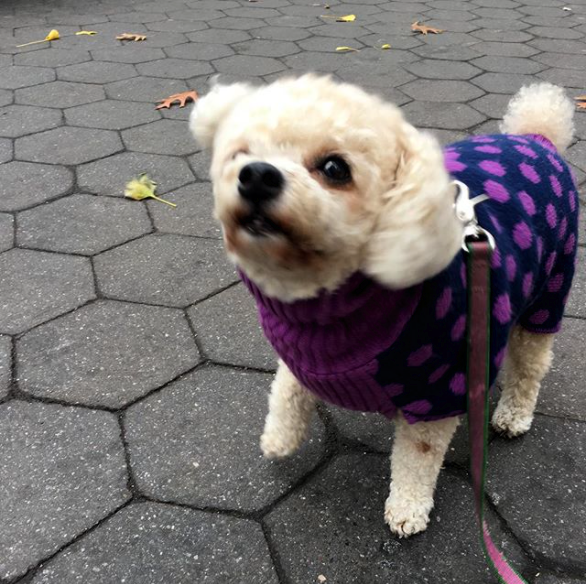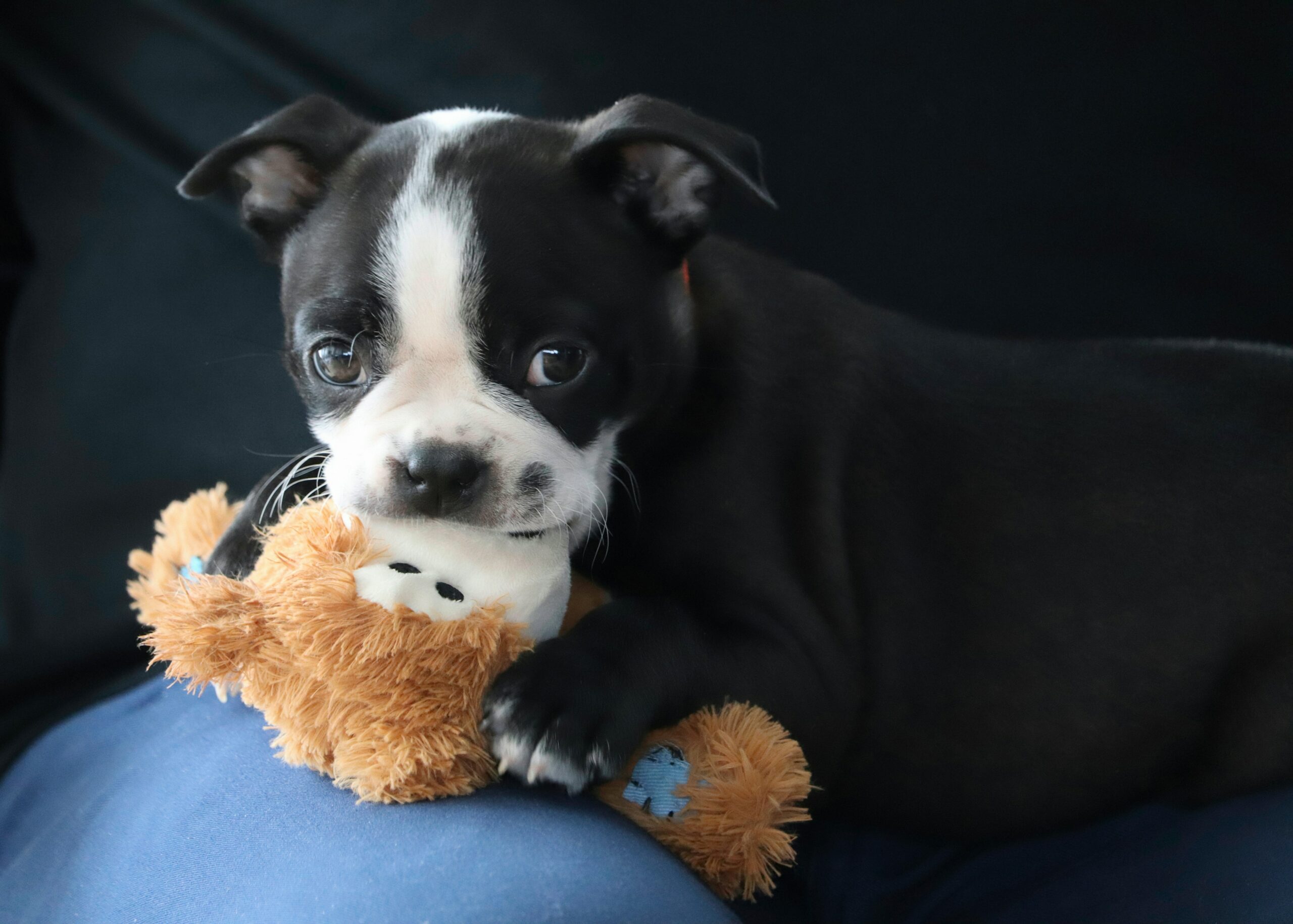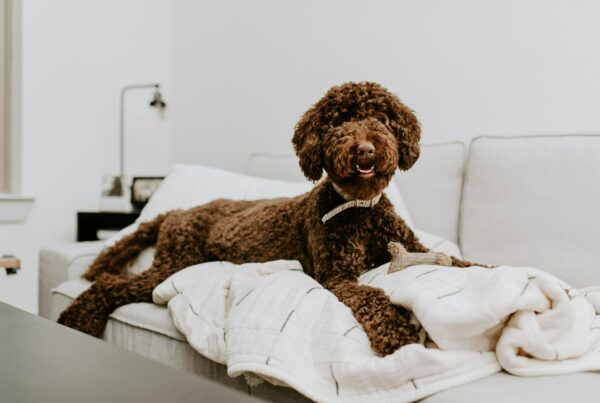Winter is many people’s least favorite time of the year, and dogs likely feel the same way-unless they have a nice thick undercoat and are snow dogs. The cold weather can be uncomfortable, and dogs spend less time outdoors than they do during the warmer months. Here are seven ways to be conscientious about your dog’s health and happiness during the winter time.
1. Pay Attention to Your Dog’s Nutrition
Less physical activity and time in the sun can have a negative impact on your dog’s physical well-being. Digestion, coat and skin, and also bones and joints could potentially be affected. Make sure that your dog is getting vital nutritional content by adding a supplement to his or her daily routine. Look for a supplement that’s formulated by a veterinarian, and check online for an ultimate pet nutrition coupon code for extra savings.
2. Don’t Leave Your Dog Outside for Long
If you have a fenced yard where your dog goes out, be sure that you don’t leave him or her outside for too long at a time. You definitely shouldn’t leave your dog outside for hours at a time when it’s freezing. For most dogs, fifteen minutes should be the maximum amount of time that you let your dog out when it’s very cold. Keep an eye on the door in case your dog wants to get your attention to be let inside. Also, certain dog breeds (especially the smaller ones) such as Chihuahuas, poodle mixes, shih-tzus, Toy Poodles, Italian Greyhounds (and Whippets), Yorkshire Terriers, Chinese Cresteds and Havanese. may require clothing for outside as they may get cold easily. Dogs who are lower to the ground such as bassethounds, daschunds may also require a layer to stay warm.
3. Help Your Dog Stay Warm Outside
Get your dog some winter outerwear. Even dogs with thicker coats can benefit from some cold weather gear, but it’s especially important for dogs with thinner coats and little guys and gals who don’t have a lot of body weight. It is a a tossup when it comes to keeping your dogs hair longer in the winter keeps them warmer. With longer hair and non-regular brushing the long term affects of the matting caused by walking in the wet snow, rain or hail can add insult to injury.
4. Help Your Dog Stay Warm Inside
When you leave your house, don’t turn your heat down so much that it will make your house freezing cold; remember that your pet needs to be comfortable while you’re gone. It isn’t safe to leave an electric heating pad or blanket turned on, but you might consider getting your dog a self-heating bed cover which is made of a material that reflects pets’ own body heat back to them.
5. Protect Your Dog’s Paws
Ice can be tough on a dog’s paws, and the ice melt and salt used to remove ice can cause painful irritation and cracks on dogs’ paw pads. Some snug-fitting paw covers will spare your dog from discomfort. Some dogs express a little uncertainty about paw covers when they first try them on. However, after you get outside, he or she will be glad to have them.
6. Make Sure Your Dog Gets Plenty of Exercise and Stimulation
Cold weather and heavy snowfall may naturally lead to shorter walks and fewer trips to the dog park. Help your dog stay active by giving him or her some extra playtime with you indoors. Have fun together with some indoor fetch, learning a new trick each week or getting a dog puzzle online for mental stimulation. You can also optimize their indoor stimulation using some indoor dog hacks.
7. Keep Your Dog Hydrated
Typically, breeds that shed tend to shed a little less in the winter. However, the cold air can really dry out skin and cause some chapping or shedding, and wet noses can get particularly dry. Making sure that your dog has continuous access to plenty of fresh water will enable him or her to stay well-hydrated. Good hydration promotes healthy skin and coats, and it also keeps digestive activity regular.
Your dog needs you to be attentive to his or her health and happiness all year long, but it’s a good idea to give additional consideration to how your dog is feeling during the winter. Keep your dog warm, well-fed, and active to make the winter months go by a little easier.




